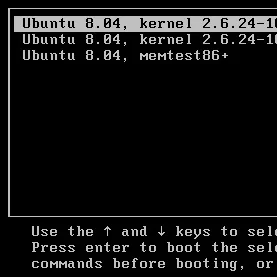CentOS Hyperscale SIG Backported Newer Systemd, Preps For Experimental Repo

The SIG is maintaining the "Hyperscale" repository where their package back-ports and other work is landing. During Q1 they provided a systemd 247 package based on Fedora's packaging to ship a newer systemd than what is otherwise available on CentOS 8. The Hyperscale SIG also added grep 3.6 for its faster performance and bug fixes, legacy-enabled iptables support, MTR 0.94, Dwarves 1.20, and also moving to a newer Meson and Ninja-Build.
The project is still planning to setup a Hyperscale "experimental" repository where they will test new changes like copy-on-write support, Btrfs-based atomic updates, and more. The group also plans to back-port libvirt from Fedora to CentOS, and increase collaboration with the CentOS Cloud SIG.
More details on the CentOS Hyperscale efforts via the CentOS blog.
1 Comment

